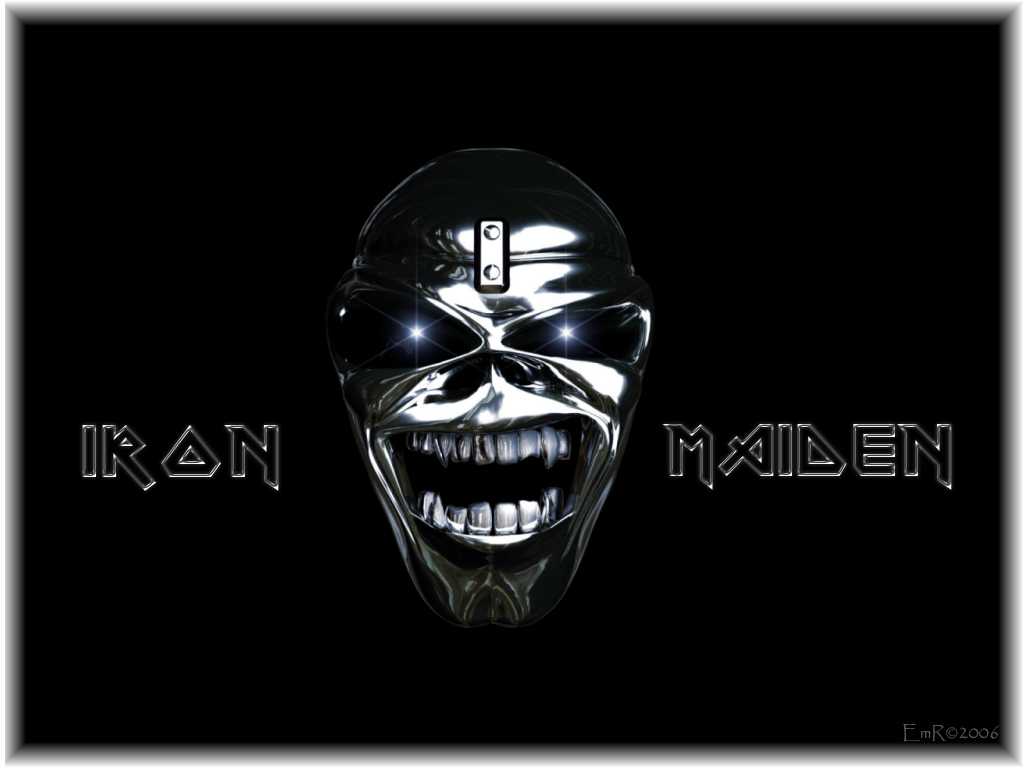
Good Charlotte's frontmen, identical twins Joel and Benji Madden, were born on March 11, 1979 to a middle class family in Waldorf, Maryland. Their mother raised them with a strict Christian up-bringing. Their father left the family when the twins were 16 years old, causing financial problems for the twins, their mother, older brother, and younger sister. For a short period of time the twins had to work as shampoo boys in a salon. Benji and Joel cite their older brother Josh Madden for introducing them to rock music by bands such as Rancid and Social Distortion. After attending a Beastie Boys concert at the age of 16, Benji and Joel decided to start their very own band, although Joel had never sung before, and Benji had never played guitar. The first band they started was called "The Benji, Joel, and Brian Band,' which they started with a friend. The band was short lived. They then started Good Charlotte in 1995 when they recruited childhood friends Paul Thomas (bass) and Aaron Escolopio (drums). They soon moved to Annapolis, Maryland where they were introduced to Billy Martin by a friend.After releasing an EP, entitled Another EP, in 1999, Good Charlotte released their first self-titled album in 2000, which was not a huge commercial success. Singles that were released from that album include "Little Things" and "Motivation Proclamation," and "Festival Song".Aaron was the drummer in their debut album, Good Charlotte, before leaving the band in early 2001 to join the band Wakefield with his brother, Ryan. He was replaced with Dusty, who was just a temporary drummer, who had left the band before the recording of their second album, The Young & the Hopeless. As a result, veteran professional studio drummer Josh Freese plays for that album.2002's The Young And The Hopeless was much more popular, and marked the bands emergence into mainstream music. The single that made them famous, titled "Lifestyles of the Rich and the Famous", topped charts around the globe. Singles that followed from that album included "The Anthem" ,"Girls and Boys", "Hold On" and "The Young and The Hopeless". "The Young and the Hopeless" received a 3x-platinum certification from the RIAA, landing the band on Saturday Night Live, the covers of Rolling Stone and Alternative Press, a two page feature in the New York Times, and spots on CNN and The Today Show. Good Charlotte were also hugely popular on MTV, where the Madden Brothers once served as hosts on the late night music video show "All Things Rock." Their music videos were favorites on both MTV and MTV2, with "The Anthem" going on to receive the "Viewers Choice Award" on MTV's 2003 Video Music Awards.Chris Wilson was the band's drummer for their third album, The Chronicles of Life and Death, which was released in 2004. The singles released from that album include "Predictable", "I Just Wanna Live", "We Believe" and "The Chronicles of Life and Death". This album was considered a departure from their previous 2 albums. In May 2005, Chris left the band for personal health reasons[1].Today, through non-stop touring and wide publicity, Good Charlotte has built a huge fanbase amoung young people around the world.Their most recent "Noise to the World Tour" with Simple Plan featured Dean Butterworth, who has previously played with Morrissey, as the band's current temporary drummer.








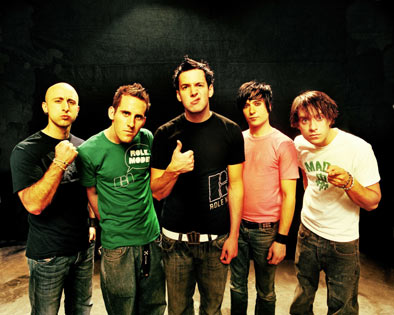














.jpg)

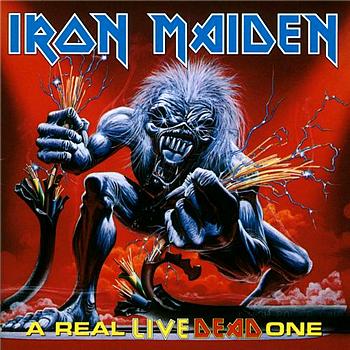


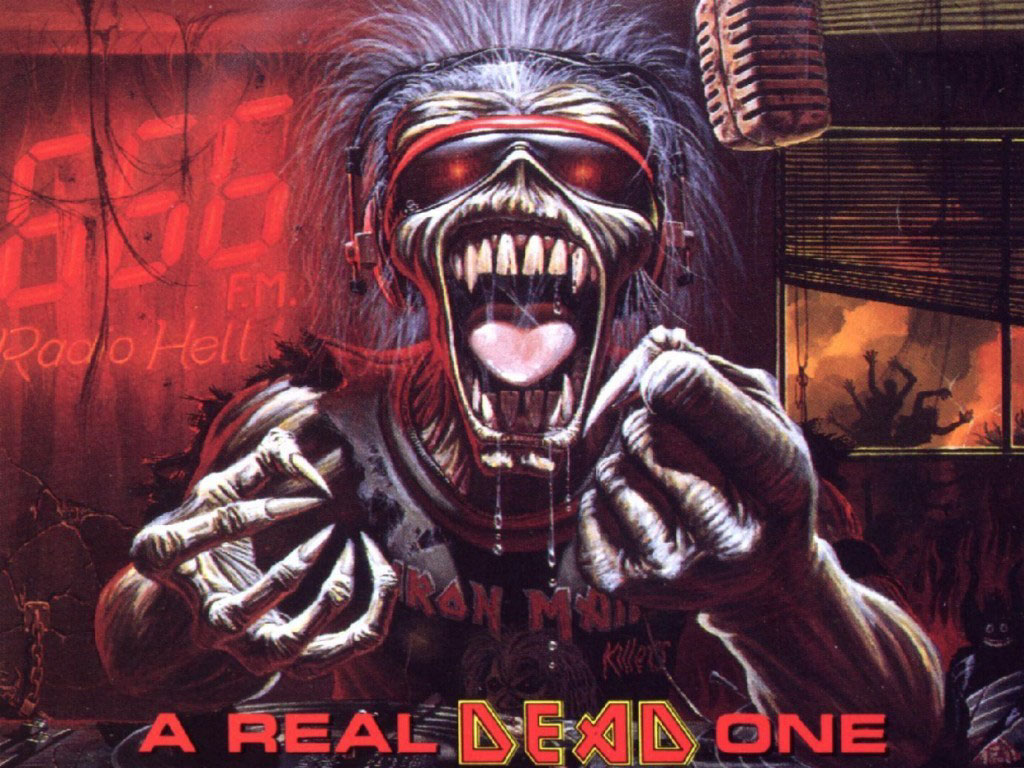




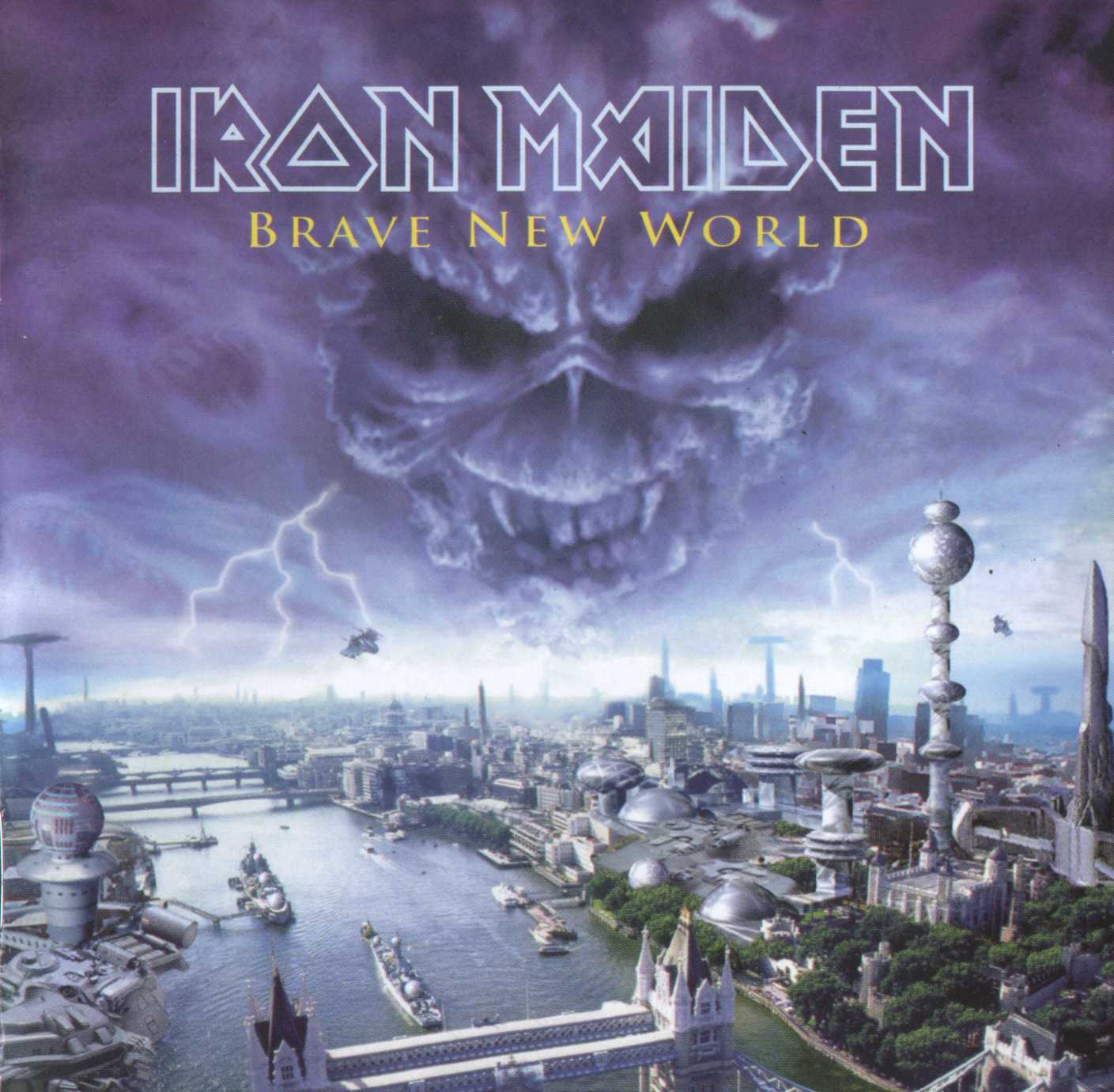
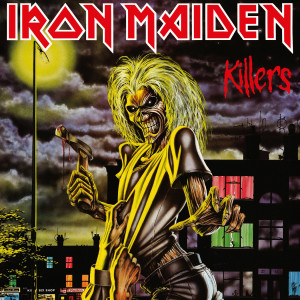








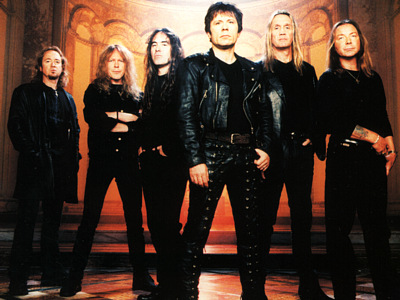



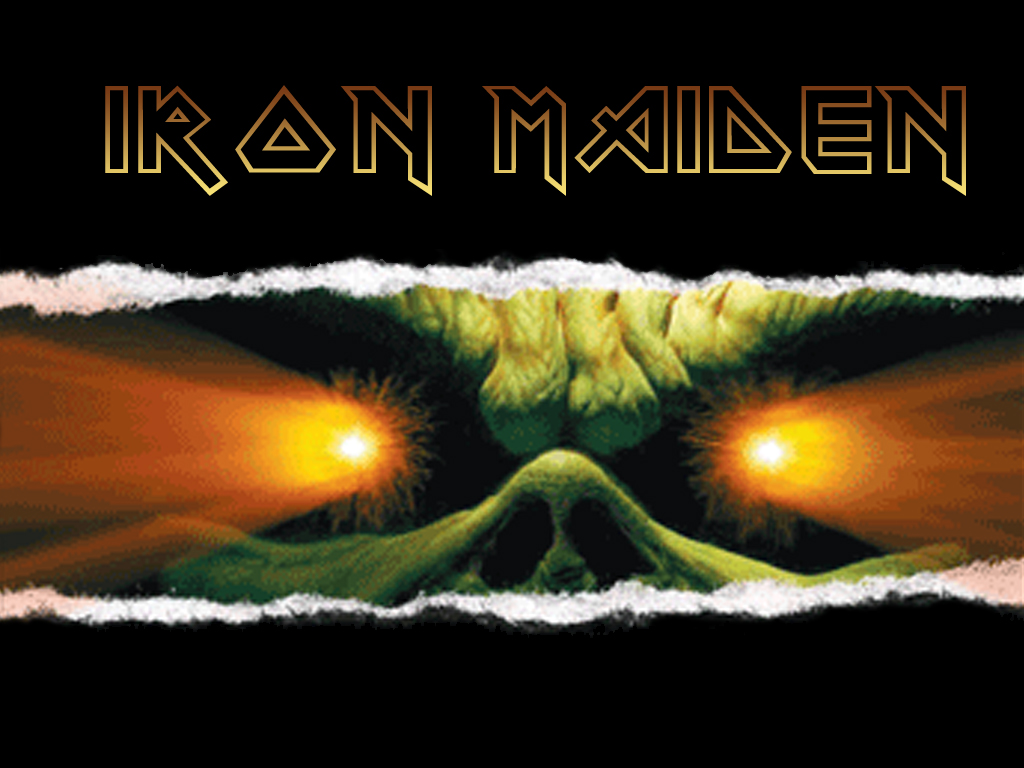




2006_Iron_Maiden_Holdings_Ltd..jpg)

